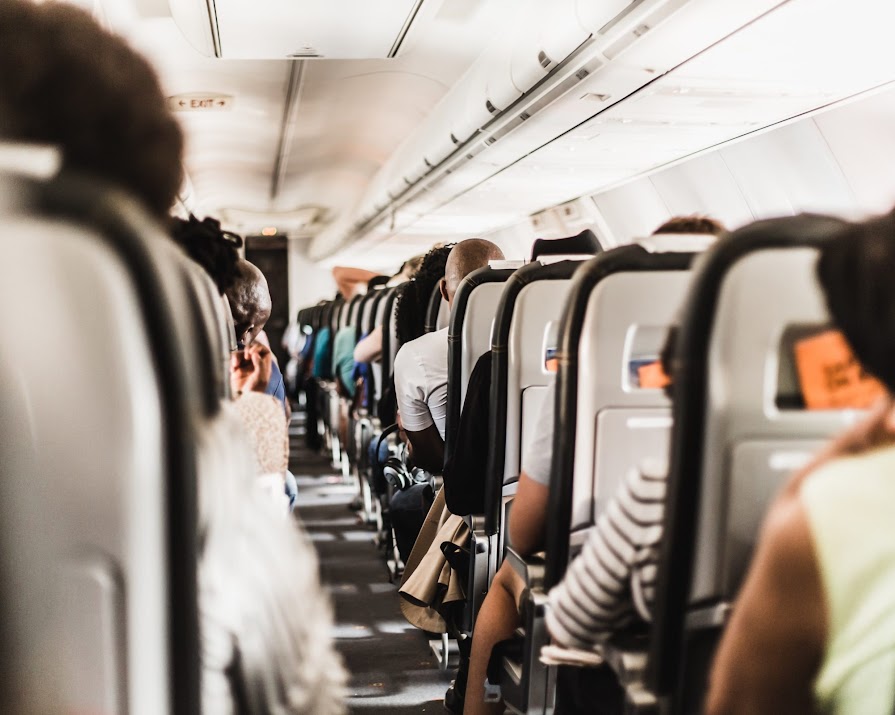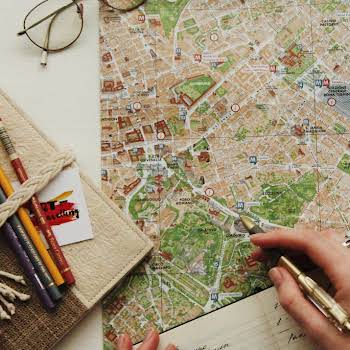
By Jennifer McShane
07th Jul 2020
07th Jul 2020
Some studies suggest the virus that causes COVID-19 can persist in aerosol form. While there isn’t “definitive” evidence, The World Health Organisation (WHO) said it is growing
The World Health Organisation said this week there is “evidence emerging” of the airborne spread of the Coronavirus. It comes after a group of scientists urged the global body to update its guidance on how the respiratory disease passes between people.
In response, the WHO said they will study fresh evidence on airborne transmission of the Coronavirus, while maintaining that it’s spread primarily by large respiratory droplets that, once expelled by infected people in coughs and sneezes, fall quickly to the floor.
Most recently, the WHO said airborne transmission of the virus is possible only after medical procedures that produce aerosols, or droplets smaller than 5 microns. (A micron is equal to 1 millionth of a meter.) Proper ventilation and N95 masks are of concern only in those circumstances, according to the WHO.
“The possibility of airborne transmission in public settings… cannot be ruled out,” Prof. Benedetta Allegranzi, WHO technical lead, says about COVID-19. https://abcnews.go.com/Health/coronavirus-updates-us-reports-45000-cases-death-toll/story?id=71643534&cid=social_twitter_abcn
“There is some evidence emerging, but is not definitive.” pic.twitter.com/MqqzRUeiAb
— ABC News Live (@ABCNewsLive) July 7, 2020
However, this week, a group of 239 international scientists said Covid-19 can spread through the air far beyond two metres, explaining that when an infected person exhales, they expel droplets. And these droplets under five micrometres in size can become suspended in the air for several hours and travel up to tens of metres, according to the group.
Emerging evidence
Benedetta Allegranzi, the WHO’s technical lead on infection control, said in a virtual press conference: “We acknowledge that there is emerging evidence in this field.
“And therefore we believe that we have to be open to this evidence and understand its implications regarding the modes of transmission and also regarding the precautions that need to be taken,” she said.
She emphasised that they did not yet have solid evidence to support the airborne claims. “Especially in the last couple of months, we have been stating several times that we consider airborne transmission as possible but certainly not supported by solid or even clear evidence.
“It is important that what we know fits into the guidance that we have,” added Maria Van Kerkhove, the WHO’s Covid-19 technical lead.
“We will be issuing our brief in the coming days, and that will outline everything that we have in this area.”
This news comes after the Irish government has extended its travel advice to avoid all non-essential travel to and from Ireland. This will remain in place until at least July 20th, when a published ‘green list’ of countries to which it’s safe to travel will be unveiled. This list will be updated every two weeks.
Main photograph: Unsplash
Read more: ‘The worst is yet to come’: WHO issues stark warning as Ireland reopens after lockdown
Read more: Cancel your foreign holidays: Dr. Tony Holohan warns holiday-goers not to take the risk
Read more: IMAGEWrites: the trend for slow, responsible travel is only set to accelerate






















